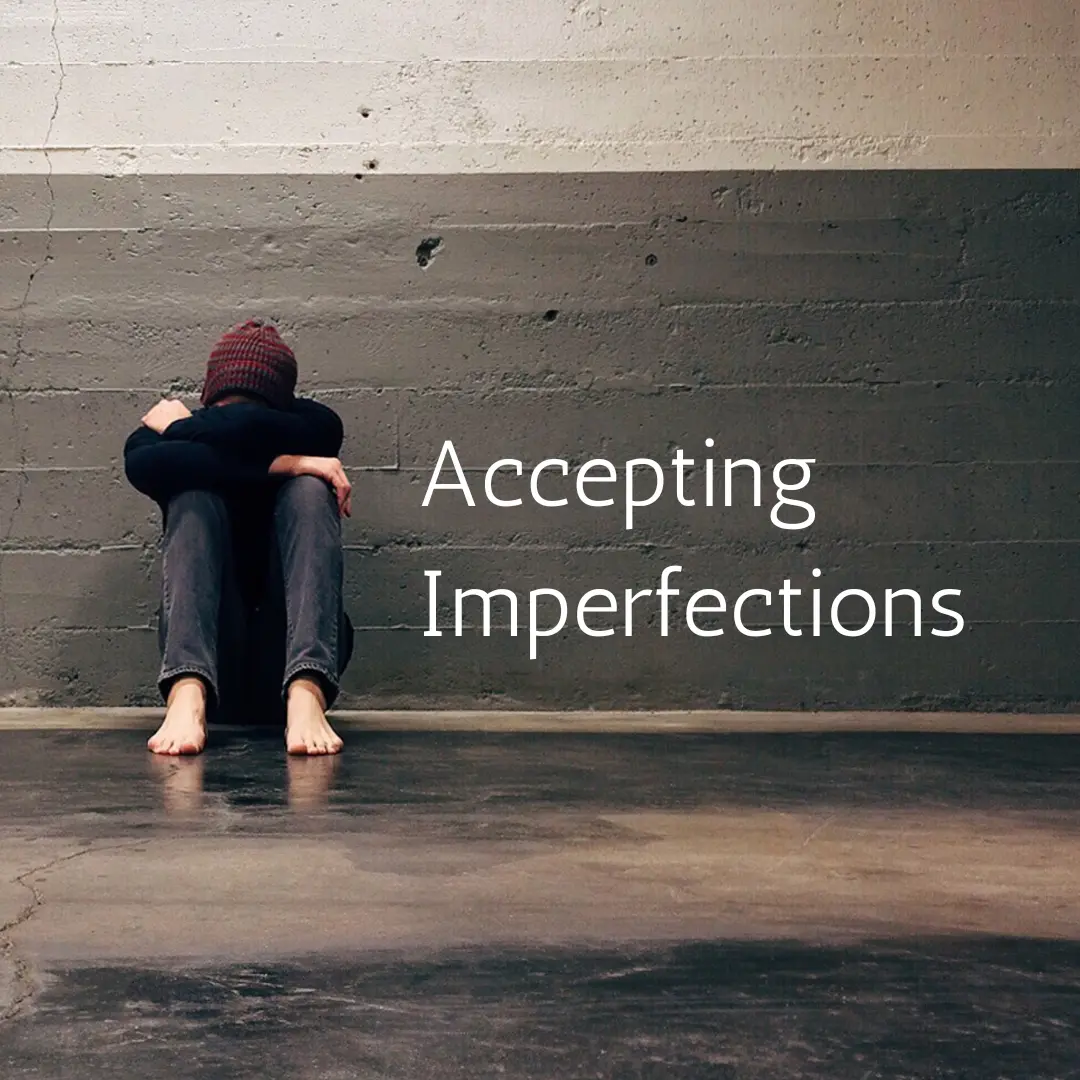In a world often driven by ambition and the pursuit of more, the wisdom encapsulated in the words “love what you have, before life teaches you to love” resonates deeply. This article delves into the importance of embracing contentment, practicing gratitude, and finding fulfillment in the present moment.
Understanding the Essence of Contentment
- Definition of Contentment:
- Contentment is a state of being satisfied and at peace with one’s current situation, possessions, or circumstances. It involves appreciating what one has rather than constantly striving for more.
- Cultural and Philosophical Perspectives:
- Throughout history, various cultures and philosophical traditions have emphasized the virtues of contentment as a pathway to inner peace and happiness. From Stoicism to Eastern philosophies, contentment is seen as a cornerstone of a fulfilling life.
The Challenge of Modern Expectations
- Consumerism and Materialism:
- In a consumer-driven society, there is often pressure to accumulate wealth, possessions, and achievements as markers of success. This pursuit can overshadow the importance of cultivating gratitude for what one already possesses.
- Social Comparison and Happiness:
- Studies show that constant comparison with others, fueled by social media and societal norms, can erode feelings of contentment and lead to dissatisfaction. Learning to appreciate one’s unique journey is key to fostering a sense of fulfillment.
Practicing Gratitude
- Benefits of Gratitude:
- Gratitude practices have been scientifically proven to enhance well-being, reduce stress, and cultivate a positive outlook on life. By focusing on what one is grateful for, individuals can shift their perspective from scarcity to abundance.
- Daily Gratitude Rituals:
- Simple practices such as keeping a gratitude journal, expressing thanks to others, or reflecting on moments of joy can significantly impact one’s overall happiness and satisfaction with life.
Embracing the Journey
- Mindfulness and Presence:
- Mindfulness practices encourage individuals to be present in the moment, fully experiencing and appreciating each aspect of life as it unfolds. This mindful awareness fosters a deeper connection to oneself and one’s surroundings.
- Acceptance and Resilience:
- Embracing life’s challenges and uncertainties with resilience and acceptance allows individuals to navigate difficulties with grace. This attitude promotes inner strength and a greater sense of peace amid life’s inevitable ups and downs.
Applying Wisdom to Everyday Life
- Reflection and Self-Awareness:
- Taking time for introspection and self-assessment helps individuals align their values with their actions, leading to more meaningful pursuits and relationships.
- Relationships and Community:
- Cultivating genuine connections with others and contributing to one’s community fosters a sense of belonging and fulfillment beyond material possessions.
Conclusion
“Love what you have, before life teaches you to love” encapsulates a timeless truth about the importance of appreciating the present and finding contentment in life’s simple pleasures. By embracing gratitude, practicing mindfulness, and fostering meaningful connections, individuals can cultivate a sense of fulfillment that transcends material wealth and societal expectations. Ultimately, the journey towards contentment begins with recognizing and cherishing the abundance already present in one’s life.




